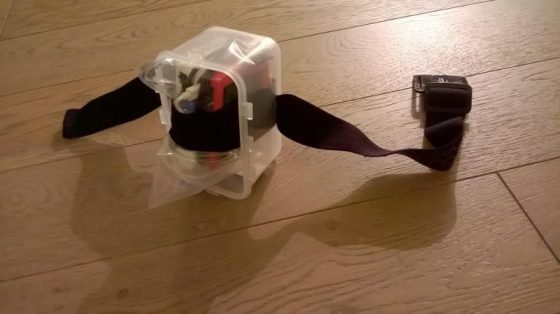The good ol’ MagPi is back again with another issue. This issue‘s main feature is a collection of articles that help you get started with electronics projects. (I know I’m biased, but I reckon the easiest way to get the components you need for most of these is by getting hold of CamJam EduKits 🙂 See, I can do subtle!) Also featured are some Zero projects and a gravity experiment with the SenseHAT. I’ve had a flick through the paper copy (I subscribe) and it looks like another great issue. I’ve merely picked out a few of the articles – there’s loads more!
There’s a competition this month to win a RasPiO Analog Zero which is currently on Kickstarter.
Head over to The MagPi website to download the latest issue or buy it either online or in print from various outlets.
Also of note is that you now get a free Raspberry Pi Zero and camera cable (as well as other necessary connectors) if you subscribe to the magazine – it’s well worth doing anyway, but that’s just the icing on the cake!








